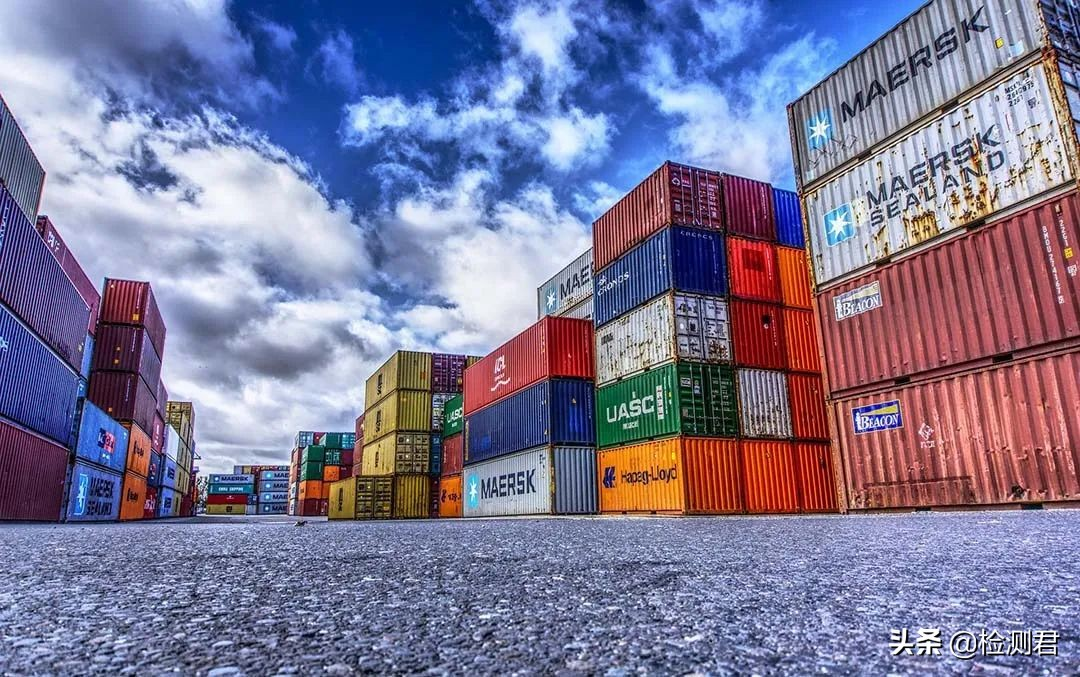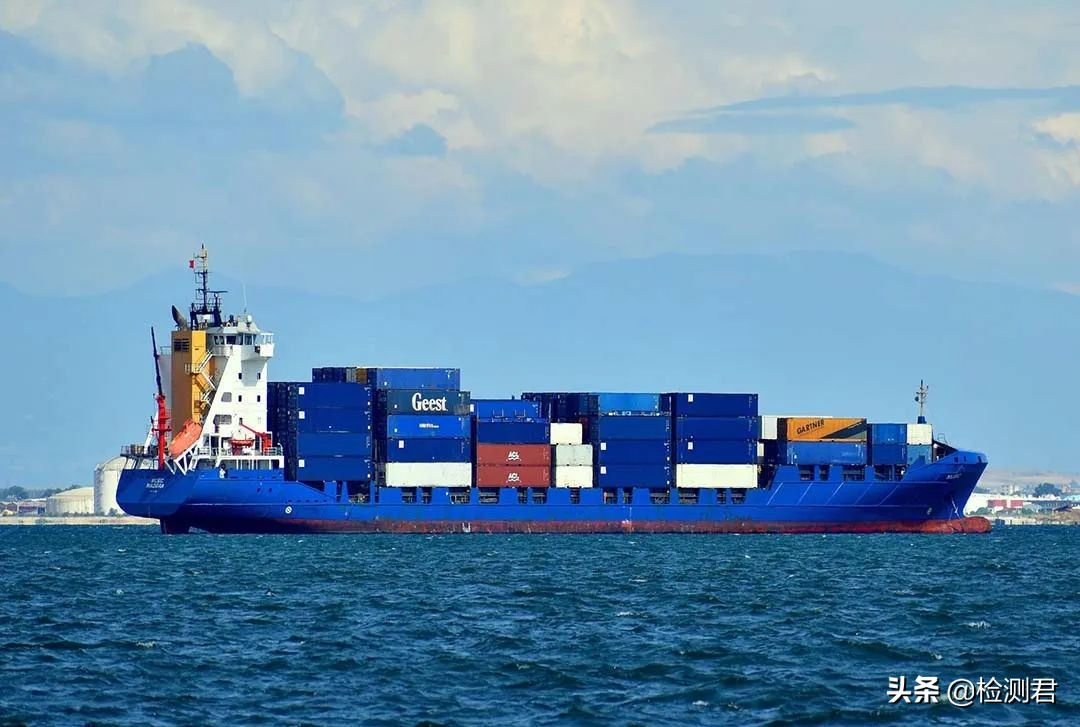New foreign trade regulations to be implemented from July 1. The central bank supports cross-border RMB settlement of new foreign trade formats 2. Ningbo Port and Tianjin Port have introduced a number of preferential policies for enterprises 3. The US FDA has changed the food import procedures 4. Brazil further reduces the burden of import taxes and fees 5. Iran reduces the import VAT rate of some basic goods
1. The central bank supports cross-border RMB settlement of new foreign trade formats
The People’s Bank of China recently issued the “Notice on Supporting Cross-border RMB Settlement in New Formats of Foreign Trade” (hereinafter referred to as the “Notice”) to support banks and payment institutions to better serve the development of new formats of foreign trade. The notice will take effect from July 21. The notice improves the relevant policies for cross-border RMB business in new foreign trade formats such as cross-border e-commerce, and also expands the scope of cross-border business for payment institutions from trade in goods and trade in services to the current account. The notice clarifies that domestic banks can cooperate with non-bank payment institutions and legally qualified clearing institutions that have legally obtained Internet payment business licenses to provide market transaction entities and individuals with cross-border RMB settlement services under the current account.
2. Ningbo Port and Tianjin Port have issued a number of favorable policies for enterprises
Ningbo Zhoushan Port issued the “Ningbo Zhoushan Port Announcement on Implementing Relief Measures to Help Enterprises” to help foreign trade enterprises bail out. The implementation time is tentatively scheduled from June 20, 2022 to September 30, 2022, as follows:
• Extend the stack-free period for imported heavy containers;
• Exemption of the ship supply service fee (refrigerator refrigeration) during the free period of foreign trade imports of reefer containers;
• Exemption of short transfer fees from the port to the inspection site for foreign trade import inspection reefer containers;
• Exemption of short transfer fees from foreign trade import LCL port to unpacking warehouse;
• Exemption of some multimodal export container yard usage fees (transit);
• Open a green channel for foreign trade export LCL;
• Temporarily halved off-harbor storage charges for joint ventures affiliated to the joint-stock company.
Tianjin Port Group will also implement ten measures to help enterprises and enterprises, and the implementation time is from July 1 to September 30. The ten preferential service measures are as follows:
• Exemption from the “everyday shift” port operation fee for the public inner branch line around the Bohai Sea;
• Free of transfer container yard usage fee;
• Exemption of warehouse usage fees for imported empty containers for more than 30 days;
• Free transfer of empty container distribution warehouse yard usage fee;
• Reduction and exemption of refrigeration monitoring fees for imported refrigerated containers;
• Reduction and exemption of export fees for inland enterprises;
• Reduction and exemption of inspection-related fees;
• Open a “green channel” for sea-rail intermodal transport.
• Further increase the speed of customs clearance and reduce the logistics cost of enterprises
• Further improve service level and improve terminal operation efficiency
3. US FDA changes food import procedures
The U.S. Food and Drug Administration has announced that starting July 24, 2022, U.S. food importers will no longer accept entity identification when filling out the entity identification code on U.S. Customs and Border Protection forms. Code “UNK” (unknown).
Under the new foreign supplier verification scheme, importers must provide a valid Data Universal Number System number (DUNS) for foreign food suppliers to enter into the form. The DUNS number is a unique and universal 9-digit identification number used to verify business data. For businesses with multiple DUNS numbers, the number applicable to the location of the FSVP (Foreign Supplier Verification Programs) record will be used.
All foreign food supply enterprises without a DUNS number can go through D&B’s Import Safety Inquiry Network (
http://httpsimportregistration.dnb.com) to apply for a new number. The website also allows businesses to look up DUNS numbers and request updates to existing numbers.
4. Brazil further reduces import tax burden
The Brazilian government will further reduce the burden of import taxes and fees to expand the openness of Brazil’s economy. A new tax cut decree, which is in the final stages of preparation, will remove from the collection of import duties the cost of the dock tax, which is charged for loading and unloading goods at ports.
The measure will effectively reduce the import tax by 10%, which is equivalent to the third round of trade liberalization. This equates to a drop of about 1.5 percentage points in import tariffs, which currently average 11.6 percent in Brazil. Unlike other MERCOSUR countries, Brazil levies all import taxes and duties, including calculating terminal taxes. Therefore, the government will now reduce this very high fee in Brazil.
Recently, the Brazilian government announced to reduce the import tax rate of beans, meat, pasta, biscuits, rice, building materials and other products by 10%, which will be valid until December 31, 2023. In November last year, the Ministry of Economy and Foreign Affairs had announced a 10% reduction in the commercial tariff rate of 87%, excluding goods such as cars, sugar and alcohol.
In addition, the Management Executive Committee of the Foreign Trade Commission of the Brazilian Ministry of Economy issued Resolution No. 351 in 2022, deciding to extend the 1ml, 3ml, 5ml, 10ml or 20ml, starting from June 22. Disposable syringes with or without needles are suspended for a tax period of up to 1 year and terminated upon expiry. The MERCOSUR tax numbers of the products involved are 9018.31.11 and 9018.31.19.
5. Iran reduces import VAT rates for some basic commodities
According to IRNA, in a letter from Iran’s Vice President of Economic Affairs Razai to the Minister of Finance and Agriculture, with the approval of the Supreme Leader, from the date when the VAT law comes into effect until the end of 1401 of the Islamic calendar (i.e. March 20, 2023) Prior to today), the country’s VAT rate on imports of wheat, rice, oilseeds, raw edible oils, beans, sugar, chicken, red meat and tea was reduced to 1%.
According to another report, Amin, Minister of Industry, Mining and Trade of Iran, said that the government has proposed a 10-article automobile import regulation, which stipulates that the import of automobiles can be started within two or three months after approval. Amin said that the country attaches great importance to importing economical vehicles under 10,000 US dollars, and plans to import from China and Europe, and has now started negotiations.
6. Some imported goods from South Korea will be subject to 0% quota tariff
In response to soaring prices, the South Korean government has announced a series of countermeasures. Major imported foods such as pork, edible oil, flour, and coffee beans will be subject to a 0% quota tariff. The South Korean government expects this to reduce the cost of imported pork by up to 20 percent. In addition, the value-added tax on purely processed foods such as kimchi and chili paste will be exempted.
7. U.S. exempts solar panel import tariffs from Southeast Asia
On June 6, local time, the United States announced that it would grant a 24-month import tariff exemption for solar modules purchased from four Southeast Asian countries, including Thailand, Malaysia, Cambodia and Vietnam, and authorized the use of the Defense Production Act to accelerate domestic manufacturing of solar modules. . Currently, 80% of U.S. solar panels and components come from four countries in Southeast Asia. In 2021, solar panels from the four Southeast Asian countries accounted for 85% of the US’s imported solar capacity, and in the first two months of 2022, the proportion rose to 99%.
Since the photovoltaic module companies in the above-mentioned countries in Southeast Asia are mainly Chinese-funded enterprises, from the perspective of division of labor, China is responsible for the design and development of photovoltaic modules, and Southeast Asian countries are responsible for the production and export of photovoltaic modules. The analysis of CITIC Securities believes that the new measures of phased tariff exemption will enable a large number of Chinese-funded enterprises in Southeast Asia to speed up the recovery of photovoltaic module exports to the United States, and there may also be a certain amount of retaliatory purchases and stockpile demand within two years.
8. Shopee announces VAT will be charged from July
Recently, Shopee issued a notice: From July 1, 2022, sellers will need to pay a certain percentage of value-added tax (VAT) for commissions and transaction fees generated by orders generated by Shopee Malaysia, Thailand, Vietnam and the Philippines.
Post time: Aug-30-2022








